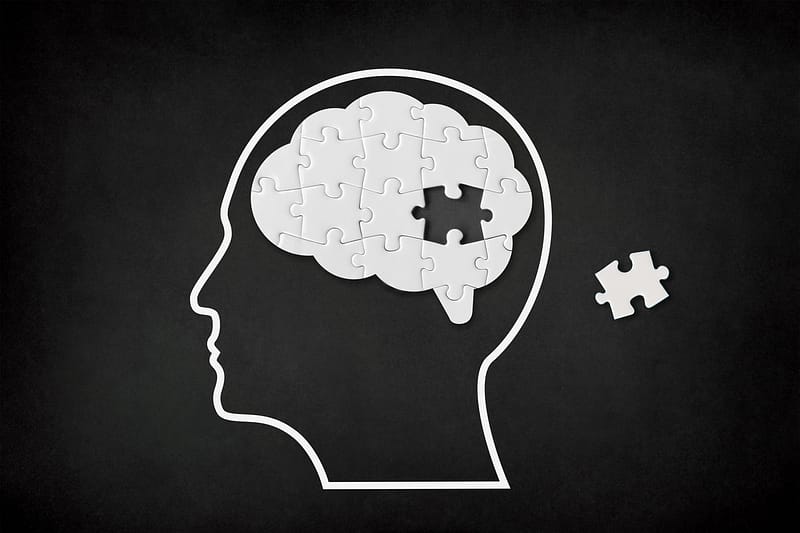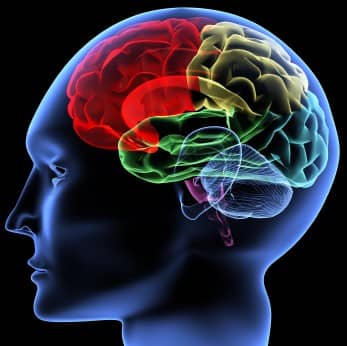As seen in the August 21st, 2019 issue of the Clarkston News…
Have you read Part One?
We all have those moments when we walk into a room and forget why we’re there. Sometimes we might search desperately for our phone and find it in the fridge—don’t judge me! We’ve all had a slip of the tongue or a “senior moment,” but what’s the difference between a slight intellectual pause and something that needs attention? To be fair, momentary lapses are not usually cause to go screaming to the nearest neurologist. Please don’t obsess over every tiny human error. On the other hand, many people live with symptoms of cognitive decline and dismiss them for 15-20 years before an official diagnosis is made.
Don’t Miss These Signs!
Don’t obsess, but don’t ignore either. You could be missing something important. There are significant signs that shouldn’t be overlooked:
- Increase memory loss
- Difficulty finding the right words, mixing words, repeating yourself, or trouble finishing sentences
- Decreasing ability to understand or process even the simplest things like movie plots, games, and puzzles
- Difficulty completing routine tasks
- Difficulty in problem solving and planning, such as creating to-do lists, balancing a checkbook or maintaining monthly bills
- An increase in misplacing items and difficulty retracing steps
- Getting lost on familiar routes
- Experiencing unusual mood and personality changes
- Inability to recognize people who should be familiar
Staggering Numbers
Currently, there are over 5.8 million Americans living with Alzheimer’s disease. By 2050, that number is predicted to more than double.
Dementia is a global cognitive decline in which mental abilities are lost. There are many causes and layers. Cognitive Impairment takes place when tests show that memory, speaking, critical thinking, and other cognitive capabilities are abnormal. People with this diagnosis are still able to perform daily routines such as eating, dressing, and bathing. Without treatment, Alzheimer’s disease will likely follow within a few years. Alzheimer’s disease is the most common form of dementia and is diagnosed with neuro-imaging and an analysis of cerebrospinal fluid.
There was a time when a diagnosis was worse than a death sentence. It was almost dehumanizing as it stole memories, the capacity for thought, and the ability to live an independent life. Now, after thirty years of research, we know so much more. This devastating disease is the result of a normal, healthy brain process going haywire. Simply put, the brain responds by defending itself against a toxic environment, inflammation, and a shortage of supporting nutrients and hormones. The defense mechanism produces amyloid plaques (think: a protective helmet around the brain) that destroy connections between nerve cells, directly affecting comprehension, recollection, and clarity.
Don’t Wait!
Remember, ignorance is not bliss! By knowing your risk, you can initiate a preventative program long before symptoms appear. Whether it’s you or a loved one, you know when something isn’t right. If you are experiencing or witnessing any of the above symptoms, it’s time to make an appointment with a certified brain health specialist. At Forum Health Clarkston, we specialize in Brain Health and are certified in the ReCODE protocol. Functional Medicine practitioners have the ability to assess symptoms of cognitive decline and treat them—it is possible.
To learn more, head over to Part Three: Identify, Remove, and Reverse
Adrian Schirr
Forum Health Clarkston
7300 Dixie Hwy. Ste. 500
Clarkston, MI 48346
248-625-5143







